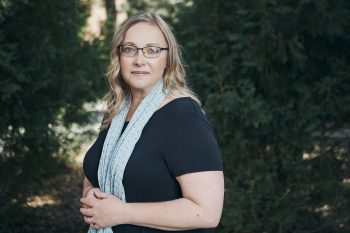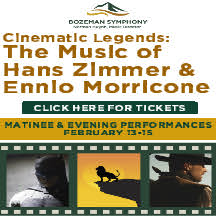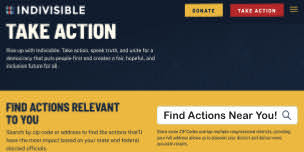MSU Center for Science, Technology, Ethics and Society provides tools to weigh information
by Carol Schmidt, MSU News
BOZEMAN – A new center at Montana State University offers tools to help Montanans evaluate scientific claims and consider the ethical, social and policy implications of science and technology.
The MSU Center for Science, Technology, Ethics and Society was founded to aid critical thinking, evaluate how science and technology can help our communities and promote interdisciplinary research. Based in the Office of the Research, Economic Development, and Graduate Education, STES officially became a center this past fall with approval from the Montana Board of the Regents.
Jason Carter, MSU vice president of Research, Economic Development and Graduate Education, said the center is positioned to make a national impact.
“The rapid advancements within several science and technology growth areas, such as artificial intelligence or pandemic responsiveness, require an intentional and rigorous eye toward the ethical and societal impacts,” Carter said. “The STES is well positioned to be a major contributor in this space.”
Kristen Intemann, STES director and professor of philosophy in the Department of Philosophy and History at MSU, said that the new center and the services it provides come at a time when society is confronting both a pandemic and political division.
“We are being confronted with questions about what policies we should adopt in responding to the pandemic, ethical questions about how to allocate medical resources, and uncertainty about what makes scientific research reliable or trustworthy,” Intemann said.

Kristen Intemann, professor of ethics, philosophy of science, and feminist philosophy in the Department of History and Philosophy at Montana State University’s College of Letters and Science, will share her insight on the ethics of science technology in the upcoming annual Provost’s Distinguished Lecturer Series this fall.
MSU Photo by Adrian Sanchez-Gonzalez
She said that while the pandemic gives urgency to these questions, there are a variety of ethical concerns that we all face at the intersection of science and public policy, from climate change to gene editing technologies, to mental health challenges, to technologies that drive social media.
“Addressing these challenges requires that communities not only understand science but that we begin conversations about what we value, and how science and technology might better benefit our health, our food, our environment, or inform policies,” Intemann said.
Intemann said the purpose of the center is threefold. It facilitates interdisciplinary research and collaborations among faculty and students, particularly on the ways that science, technology and medicine impact rural communities and vulnerable populations. It cultivates ethical thinking and behavior in research, and it communicates the results of scientific research to the public.
“For the first time, we have a university-wide interdisciplinary center devoted to the intersection of scientists, humanists and engineers,” Intemann said.
So far, the center has hosted forums on the origins of COVID-19 featuring Raina Plowright, MSU professor of microbiology and immunology, and David Quammen, who wrote the book “Spillover.” Last month the center hosted a forum on how climate change might affect health in Montana featuring state health experts including Dr. Alexandra Adams, director of the Center for the Center for American Indian and Rural Health Equity based at MSU, and Bruce Maxwell, co-director for the Montana Institute on Ecosystems. The next virtual forum, The Search for Life on Mars and Beyond, featuring experts from the University of Colorado and Georgetown University, is set for Feb. 24.
The center also offers courses. For instance, STES collaborated with MSU Academic Technology and Outreach to offer a non-credit course called “Calling BS! How Do We Know What to Believe?”
Additionally, the center promotes research opportunities to MSU students that allow students in sciences and engineering to gain skills in ethical reasoning and science communication. Conversely, it introduces social sciences students to scientific research. For example, the center included social sciences students into research on COVID-19 testing methods. Intemann said social science helps scientific disciplines learn how to effectively and ethically communicate about COVID-19 testing and new technologies. Students affiliated with the center also maintain a blog about some of the issues.
“Part of our land-grant mission at MSU is to generate research really does benefit people across the state in ways that they find beneficial,” Intemann said. “This is a two-way street that requires increased engagement between researchers and communities. STES aims to facilitate that.”
To learn more about STES’ work as well as classes for the community, go to: http://www.montana.edu/stes/. •










